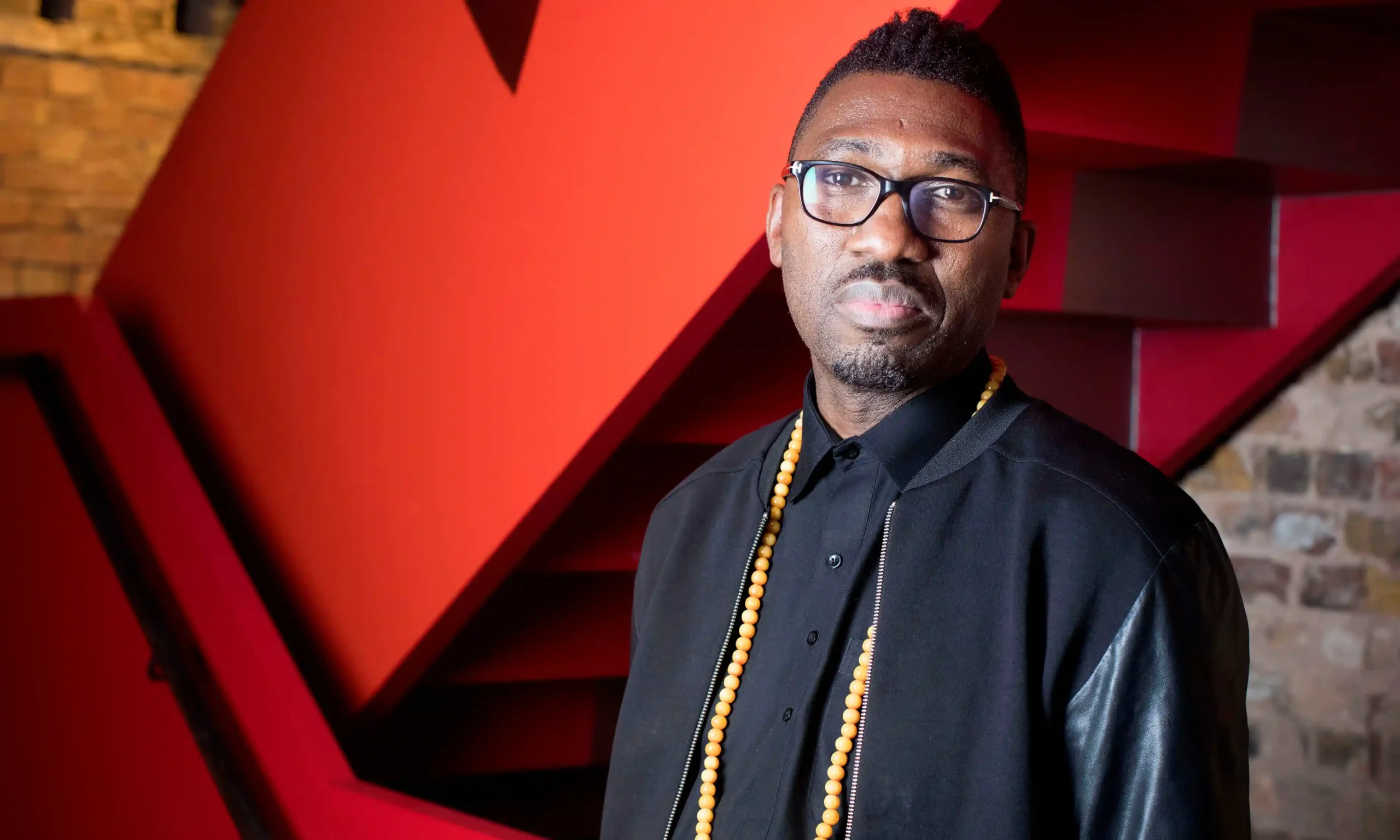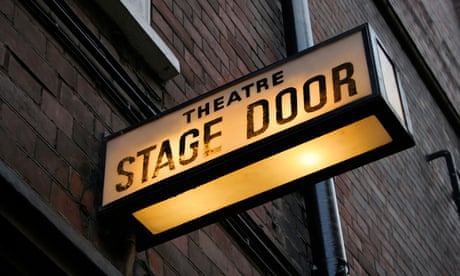
Artistic director will leave in the autumn after six years in the post, and says without further investment the stage sector’s ‘pipeline of talent’ could be lost
Kwame Kwei-Armah is to step down as artistic director of the Young Vic, one of the foremost theatres in London. In the announcement, which comes six years after he took up the role, he said it had been “the honour of a lifetime” and that he was proud of the theatre’s achievements in terms of “innovation, access and community”.
However, he starkly summed up the tough landscape for the UK theatre industry and called for government intervention to help a sector that is still recovering from the pandemic and faces pressures from rising energy costs, inflation and cuts to arts funding.
“The painful reality is I am leaving a subsidised sector where 13 years of standstill funding is taking its toll,” he said. “For decades the theatre industry has fuelled the UK’s world-renowned creative industries, providing vital pathways for artists to flourish, going from subsidised theatre, into the West End, and into TV and film. But without investment we could lose this pipeline of talent within a generation. I’m hopeful that this can and must change but it needs sincere government intervention.”
In the Young Vic’s accounts for the year to March 2023, filed to Companies House, its chair Glenn Earle said that the theatre and the whole sector had faced “significant challenges and shocks”. As reported in the Stage, Earle highlighted that the venue had been “blighted by the ongoing aftershocks of the pandemic – both audience booking patterns and regularity, and company sickness and ill-health”. Its musical Mandela, which opened in winter 2022, had to cancel 41% of performances due to illness. The theatre’s net result for 2022-23 was an in-year deficit of £2.5m, compared with a surplus of £2.4m in 2020-21.
Kwei-Armah, who started out as an actor and has been greatly acclaimed as a playwright and director, ran Baltimore’s Center Stage theatre from 2011 to 2017 before returning to Britain. He kicked off his Young Vic tenure in 2018 with a soulful musical version of Twelfth Night, which he co-directed. Subsequent productions included the hotly debated Fairview, a Pulitzer prize-winning play about racial bias by Jackie Sibblies Drury; a Covid-delayed Hamlet, starring Cush Jumbo; and Beneatha’s Place, Kwei-Armah’s play picking up the story of a character from Lorraine Hansberry’s A Raisin in the Sun.
James Graham’s Best of Enemies, about William F Buckley Jr and Gore Vidal, and a new version of Rodgers and Hammerstein’s Oklahoma! co-directed by Daniel Fish and Jordan Fein both transferred to the West End and received rapturous reviews. The Young Vic’s 24-hour production The Second Woman, starring Ruth Wilson, was one of 2023’s most momentous theatre events. But the 2019 production Tree, Kwei-Armah’s collaboration with Idris Elba that ran at Manchester international festival and the Young Vic, led to a row over authorship when Sarah Henley and Tori Allen-Martin said they had conceived the project and were removed from it. Kwei-Armah rejected their version of events.

A statement from the Young Vic on Thursday said that, over his tenure, Kwei-Armah has produced 40 productions across the theatre’s stages, including 30 in the main house where more than half of the plays’ writers and directors were women. Black and global majority artists have directed over half, and written almost half, of its main house shows. Off stage, the Young Vic has gone from 11% to 44% Black and global majority staff across the organisation and 40% in senior management. “I step down knowing that our team and artists are representative of London and that we have continued the theatre’s incredible contribution to this industry and our community,” he said.
Glenn Earle said: “Kwame has led the Young Vic during one of the most challenging periods for the theatre sector in living memory and has done so with great skill, courage and clarity of vision.”
The Young Vic received two grants (for £950,636 and £219,845) from the government’s culture recovery fund, which supported organisations affected by the pandemic. It received an additional £475,318 in continuity support, offered to organisations that could demonstrate the need for further funding in order to operate on a viable and sustainable basis. The fund, said Kwei-Armah in 2021, “has been a lifeline as we continue to navigate the most challenging period in our 50-year history … It has given us the means to rebuild as a stronger, more accessible and innovative organisation.”
Alongside the announcement of his departure, set for the autumn, Kwei-Armah revealed a final season of shows “that mean the world to me and sum up what a building like this can do”. The theatre will present the Tony award-winning rock musical Passing Strange; an adaptation of the film A Face in the Crowd, which Kwei-Armah will direct; and Lillian Hellman’s The Little Foxes.

Kwei-Armah’s appointment in 2017 was celebrated as a major step forward for diversity as he became the first African Caribbean director to lead a major British theatre. In the years since there have been several high-profile appointments of artistic directors of colour including, most recently, Indhu Rubasingham being selected to run the National Theatre after her leadership of the Kiln.
The last 12 months have seen an extraordinary number of departures and arrivals in the top jobs at major theatres, including the Royal Court, the Donmar Warehouse, Regent’s Park Open Air theatre, Chichester Festival theatre, Theatr Clwyd and the Royal Shakespeare Company. Some theatres, such as the Royal Exchange and Contact, both in Manchester, are introducing new models of leadership rather than having a traditional artistic director. The recruitment process for Kwei-Armah’s successor at the Young Vic will begin from next week.






